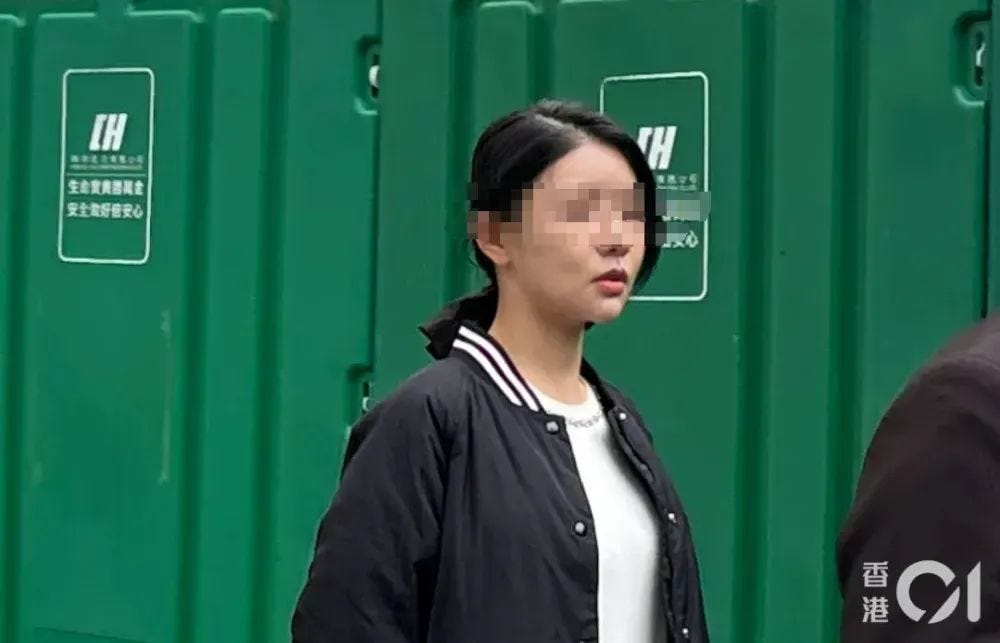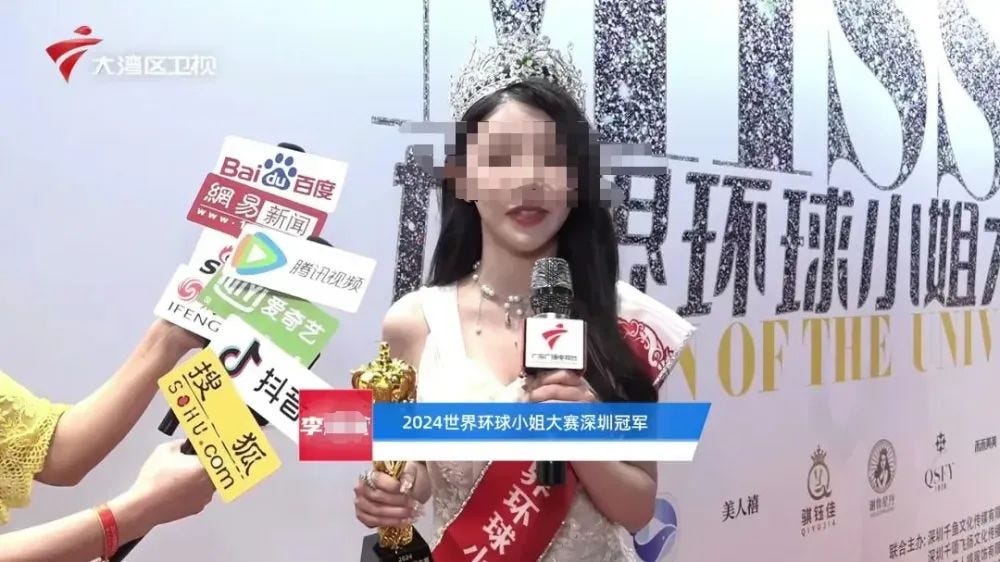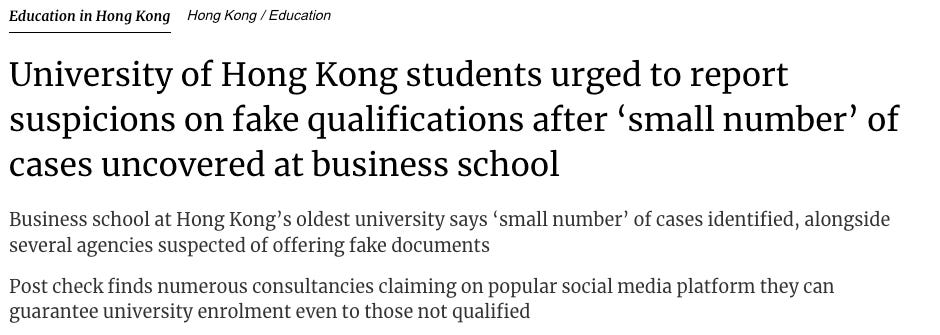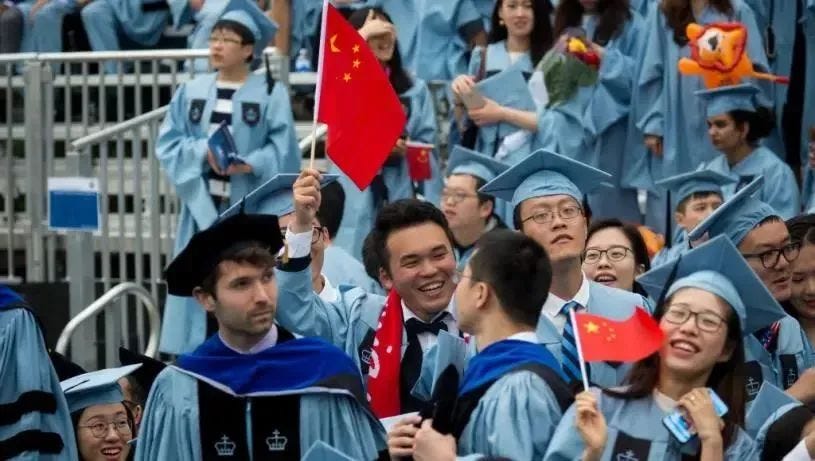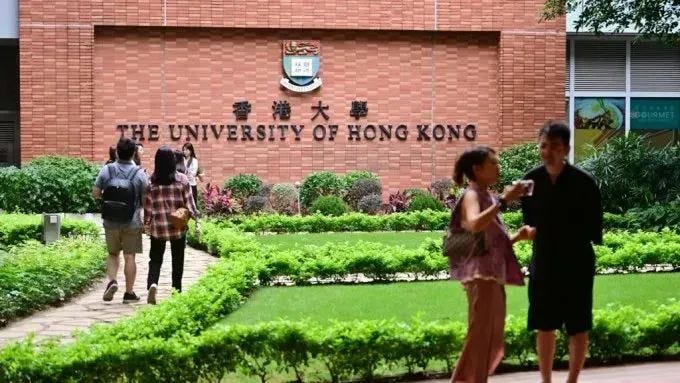Crown to Cell: HKU Beauty Queen’s ¥380,000 Fake Ivy Diploma Scam
What happens when a pageant crown meets a fake Ivy League diploma? Ms. Li paid ¥380,000 for a counterfeit Columbia University degree—and traded her beauty queen title for 240 days behind bars. Read on to discover how her dazzling résumé unraveled into a high-stakes fraud.
Image source:香港01
The Rise and Fall of Ms. Li
Ms. Li showed talent early. She began dance at age three and passed a Grade-6 guzheng exam by fifth grade. In 2012, she won a national essay contest and earned the “Young Writer” award. Three years later, she claimed a gold medal in DanceSport. By 2018, she had moved into modeling, with her designs selling out on Taobao. In July 2024, she crowned her résumé with a city-level pageant win—using her HKU student status to shine.
Image source:香港01
The Fraud Uncovered
In 2021, Ms. Li applied to HKU’s master’s in linguistics. She submitted a forged Columbia diploma and transcript covering 2016–2020. HKU granted conditional admission and issued her a student card. In June 2024, the university asked her to verify those credentials. Ms. Li refused and fled to Mainland China. HKU’s audit then confirmed the documents were fake. The university rescinded her enrollment and alerted the police. She was arrested just two weeks after her pageant win.
Image source:SCMP
Inside the Black-Market Scheme
Investigators traced the fraud to a Mainland agency, Hefei Education Consulting Co. Ms. Li paid ¥380,000 for the fake diploma, transcript, and even a phony “official” email confirmation. The agency also altered her grades from “Pass” to “Distinction.” Although the firm admitted forging documents in civil suits, it has never faced criminal charges. Current laws only penalize agencies for service failures or forging state seals, leaving the core fraud unpunished.
Image source:online
Legal and Ethical Gaps
Both university audits and Mainland courts have blind spots. Hong Kong institutions rely on applicant-submitted materials without direct checks. Mainland courts prosecute agencies mainly for consumer-service breaches or government-document forgery. This loophole lets “study abroad” agencies operate freely until a client is caught. Meanwhile, honest students suffer tighter reviews, and some Macau and Hong Kong schools have paused Mainland admissions to guard against fakery.
Image source:online
The Path Forward
Direct Verification: Universities should confirm credentials directly with issuing schools.
Secure Credentials: Explore blockchain or tamper-proof seals for diplomas.
Legal Reform: Expand criminal liability to cover overseas-admissions fraud.
Joint Enforcement: Mainland and Hong Kong authorities must collaborate on investigations.
Student Support: Provide clear guidance and fair appeal channels for genuine applicants.
Image source:online


